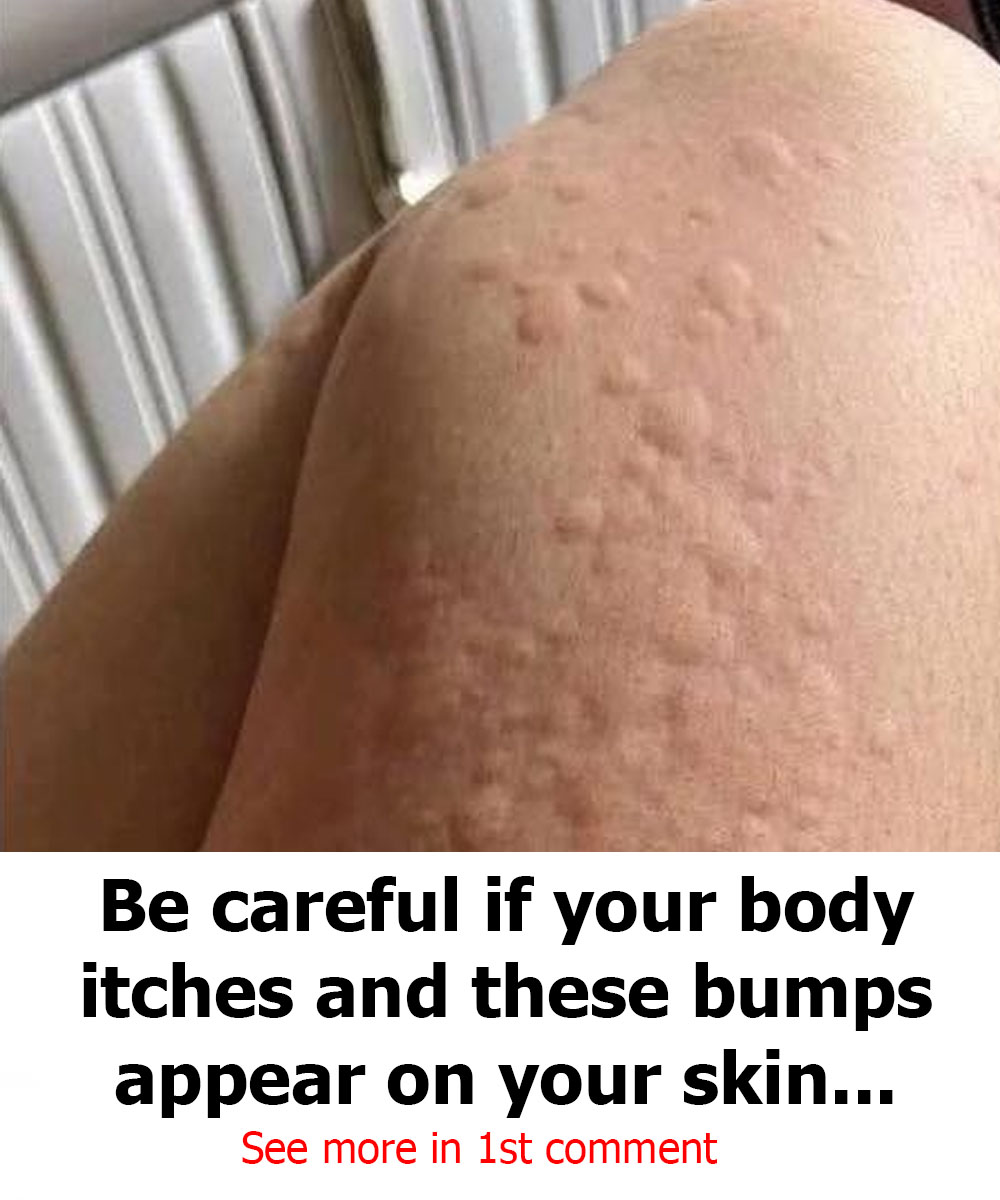3. Inducible (Physical) Urticaria
Triggered by external stimuli, including:
Dermographism: Hives from scratching or pressure
Cold Urticaria: Triggered by low temperatures
Pressure Urticaria: From tight clothing or prolonged pressure
Solar Urticaria: Reaction to sunlight
Cholinergic Urticaria: Triggered by heat, exercise, or hot showers
😮 Unexpected Triggers You Might Not Know
While food and environmental allergies are well-known causes, other, lesser-known triggers include:
Viral infections (like the common cold or hepatitis)
Bacterial infections, such as strep throat
Medications (especially NSAIDs, antibiotics, or aspirin)
Insect stings or bites
Emotional stress — not a direct cause, but it can intensify symptoms
Autoimmune responses — where your body attacks its own mast cells
✅ How Are Hives Diagnosed?
Diagnosis is typically made through a physical exam and a thorough medical history. Doctors may ask about:
Duration and frequency of outbreaks
Diet, medications, or recent illnesses
Exposure to possible allergens or stress
Blood tests or allergy screenings may be used in more complex cases.
💊 Treatment and Management
1. Antihistamines
The first line of defense — they block histamine’s effects and reduce itching and swelling. Both OTC and prescription options are available.
2. Corticosteroids
Used for short periods in severe or persistent cases to control inflammation.
3. Avoiding Triggers
If a trigger is identified (like a certain food, drug, or activity), avoidance is crucial.
4. Lifestyle Tips
Wear loose, breathable clothing
Keep cool to avoid heat-induced hives
Manage stress with relaxation techniques
Track symptoms in a journal to help identify patterns or triggers
🧠 Final Thoughts
Hives can seem random, frustrating, and uncomfortable — but understanding the triggers and types of urticaria can help you regain control. Whether your hives are fleeting or a chronic condition, early diagnosis and proper management can make a significant difference in your quality of life.
If you’re experiencing recurring hives or swelling, consult a healthcare professional for guidance and to rule out more serious underlying issues.

